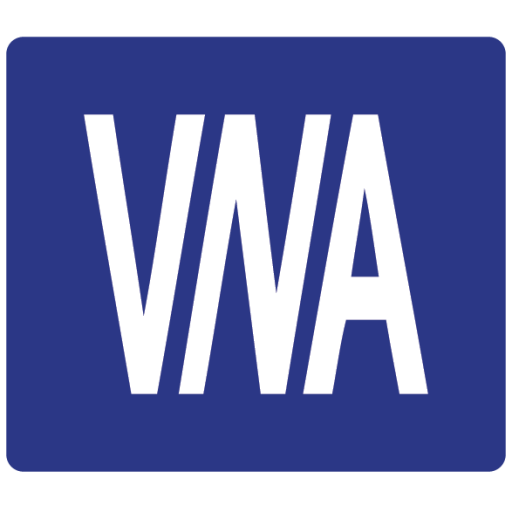Heart attacks are the most common cause of death in the United States. Each year, nearly 700,000 Americans die from a heart attack. Many of these heart attacks can be treated and even reversed. They have to be spotted quickly and responded to with medication or by medical professionals. A combination of swift action and follow-up registered nursing care in Hollister CA can be essential to turning a potential heart attack statistic into a survivor.
Heart attack symptoms
1. Chest pain
Chest pain is one of the most common symptoms associated with a heart attack. It is an acute, stabbing pain that is often substantial and debilitating. This feeling is connected to the arterial closure and lack of oxygen which is the key result of a heart attack. The pain often comes on suddenly and does not relax no matter the steps a person takes. It is a sharp, stabbing pain that is known medically as angina. The pain does not go away easily and does not subside like it might for other health problems that cause similar sensations.
2. Jaw or neck pain
The pain that originates in the chest can extend to the jaw or neck. This pain would also be substantial and similar in nature to chest pain. It is a radiating sensation and cannot be attributed to earlier actions that a person has taken. The pain radiates from the chest up through the head and focuses in the nerves of the jaw or neck. This pain must be treated seriously and addressed if it is connected to other heart attack symptoms.
3. Arm numbness
Arm numbness is one of the clearest signs of a heart attack. This symptom often occurs only with a heart attack and is separate from the many other health issues that have chest pain and faintness as symptoms. The presence of arm numbness along with chest pain is the clearest sign that someone is having a heart attack and needs immediate medical attention.
4. Shortness of breath
Shortness of breath is another important symptom. This sensation often goes with tightness of the chest. It feels like a sufferer cannot catch their breath and cannot bring oxygen into their lungs. The sensation of tightness with a heart attack is sudden and does not dissipate like it might with typical angina or the symptoms of arterial blockage.
5. Feeling faint
People suffering from a heart attack often feel dizzy and faint. They may have to lie down or collapse. The infarction prevents the heart from pumping blood to the brain and other parts of the body. These areas do not receive oxygen and cannot keep a person standing upright. The sufferer has to sit down and sometimes lay down in order to retain consciousness. In that instance, they need to make sure that they take immediate action if they are alone. Weakness can cause a heart attack victim not to think clearly and not to take the steps that they need to take in order to survive. They have to reach out for help as quickly as possible.
What to do
The symptoms of a heart attack are often clear and substantial. They are not always visible to the person suffering from them, however. These symptoms sometimes cloud a person’s judgment and make it difficult for them to take swift action. As a result, having another person nearby can be crucial.
The first step to take when someone sees the signs of a heart attack is to immediately call 911. A dispatcher will then talk them through their next steps. These next steps could involve a handful of different approaches. A person may simply be instructed to tell the sufferer to calm down and get off their feet. They may be told to take aspirin in order to thin the blood and perhaps lessen the damage from the heart attack. An individual may also be instructed to help the victim take medication that they have been prescribed for heart disease. This medication can save a person’s life. Finally, they will be instructed to aid in the appearance of emergency personnel. Emergency personnel will help the heart attack victim receive the treatment that will be necessary in serious cases.
Immediate treatment is essential to saving a person’s life from a heart attack. But a follow-up cardiac care program can also be crucial. Registered nursing care in Hollister CA like CCVNA can help a heart attack sufferer recover from any heart or artery damage that may have resulted from the attack. It can give a patient regular medication and steps that can be taken if the signs of another attack are present in the future. Heart attacks can be deadly. But they can also be prevented and future attacks can be made less likely with the right approach to care.
